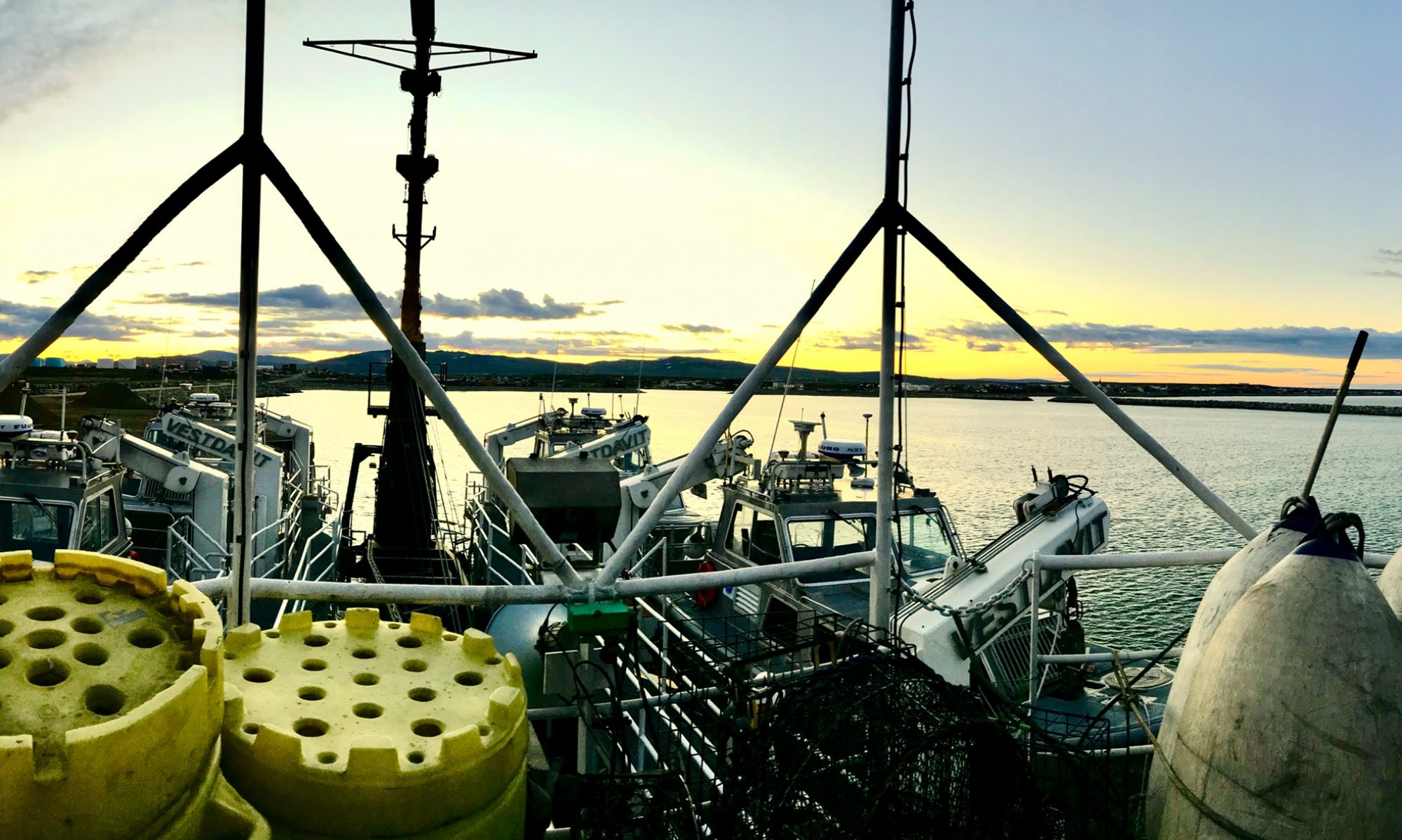NOAA Teacher at Sea
Mark Wolfgang
Aboard NOAA Ship Reuben Lasker
April 11 – April 22, 2017
Mission: Spring Coastal Pelagic Species (Anchovy/Sardine) Survey
Geographic Area of Cruise: Pacific Ocean
Date: May 1, 2017
Weather Data from Franklin Regional High School:
Lat: 40o 25’N Long: 70o 40’W
Temperature: 12.8 oC (55oF)
Wind speed: 6.1 knots (NE 7 mph)
Barometer: 1013.1 mbar
Relative Humidity: 77%
Visibility: 10 mi
Scientific and Technology Log:
I returned last week from my trip on the Reuben Lasker and just wanted to take a moment to summarize what I learned and experienced onboard. As the trip ended, I sat down and talked with some of the science team to understand what the purpose of this research.
What is the purpose of the research? Our purpose was to take a survey of the organisms that live off the coast of California. The research was focusing on sardines and anchovies, but on my leg we didn’t find anchovies and found only 4 sardines. Although I was disappointed in the lack of fish, we learn something from this data. Currently, the population of sardines are down off the coast of California. This is part of a natural of sardine populations going up and down. Currently, researchers don’t know why these populations oscillate at these irregular intervals. Because of the low population numbers, there is currently a moratorium on commercial sardine fishing in this part of the Pacific Ocean. The numbers collected on this survey help to inform the individuals who make fishing policies. Sardines play an important role in the ocean ecosystem and food web. Low numbers in these populations affect the other organisms that live in this ecosystem. NOAA serves as an important bridge between environmental groups and commercial fisheries. Many commercial fisherman say that sardine populations are higher closer to shore, but the larger NOAA research vessels (like the Reuben Lasker) can only get so close to shore. Hopefully, the drone is able to help with some of that research.
So you didn’t see many sardines, what animals did you see?
We didn’t see a large number of fish on leg 2 of the Coastal Pelagic Species survey, but we did see some interesting animals. Below are some pictures of the animals that we found on our survey.
Personal Log:
I have been home for a little over a week and it is nice to return to my family and my classroom (although I am trying to catch up on my sleep and get back to my normal schedule). I am so thankful of the crew and science team on the Reuben Lasker. They were so welcoming and I learned so much from them. They didn’t mind my many questions or proofreading my blogs. I am appreciative for the NOAA Teacher at Sea Program. It was a great opportunity for me to see and experience careers in oceanography and marine biology. So many students are interested in marine biology and I now can give them an accurate picture of some of the careers available. I hope my students learned from my experiences as well from reading my blogs and interacting with me on our Google Classroom. Thank you for following along and I hope you enjoyed reading my blogs. It was a great experience and I hope other teachers will take advantage of this opportunity – it is an experience of a lifetime.
Did you know?
The National Oceanographic and Atmospheric Administration (NOAA) was official formed in 1970, but its roots go much further back in time. It is the combination of United States Coast and Geodetic Survey (formed in 1807), the Weather Bureau (formed in 1870) and the Bureau of Commercial Fisheries (formed in 1871). NOAA’s mission is to understand and predict changes in climate, weather, oceans, and coasts, to share that knowledge and information with others, and to conserve and manage coastal and marine ecosystems.


It is such an important lesson I happened to write about in my entry today too! Hello from NOAA Ship Pisces. -TAS Kim Scantlebury
I agree. I hope you are having a great trip.
On Fri, May 5, 2017 at 9:58 AM, NOAA Teacher at Sea Blog wrote:
>